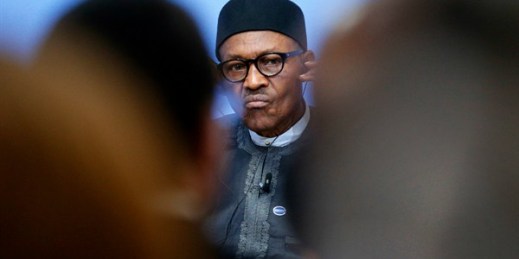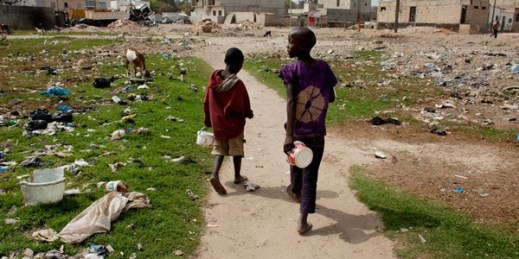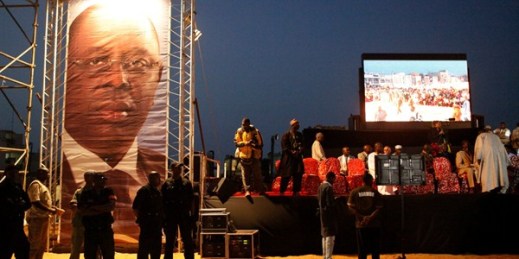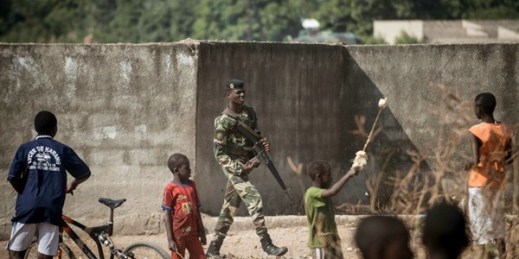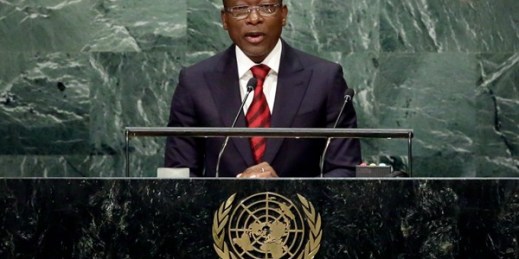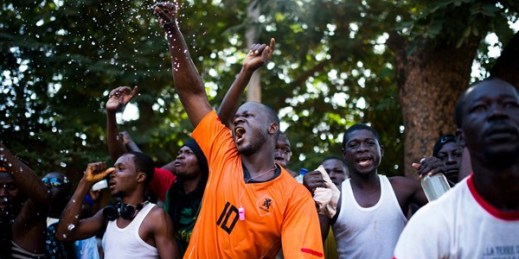
On Thursday, more than two dozen ministers from the government of former President Blaise Compaore appeared in Burkina Faso’s capital, Ouagadougou, for the opening of a trial over the events that precipitated their ouster two and a half years ago. Though Compaore’s legal team successfully obtained a one-week postponement, Burkinabe got to see their once-untouchable leadership answering to a court that could potentially hold them accountable for at least some of the crimes committed by the old regime. The case is no doubt symbolically important for a country that endured nearly three decades of Compaore’s inefficient and corrupt rule, followed […]

